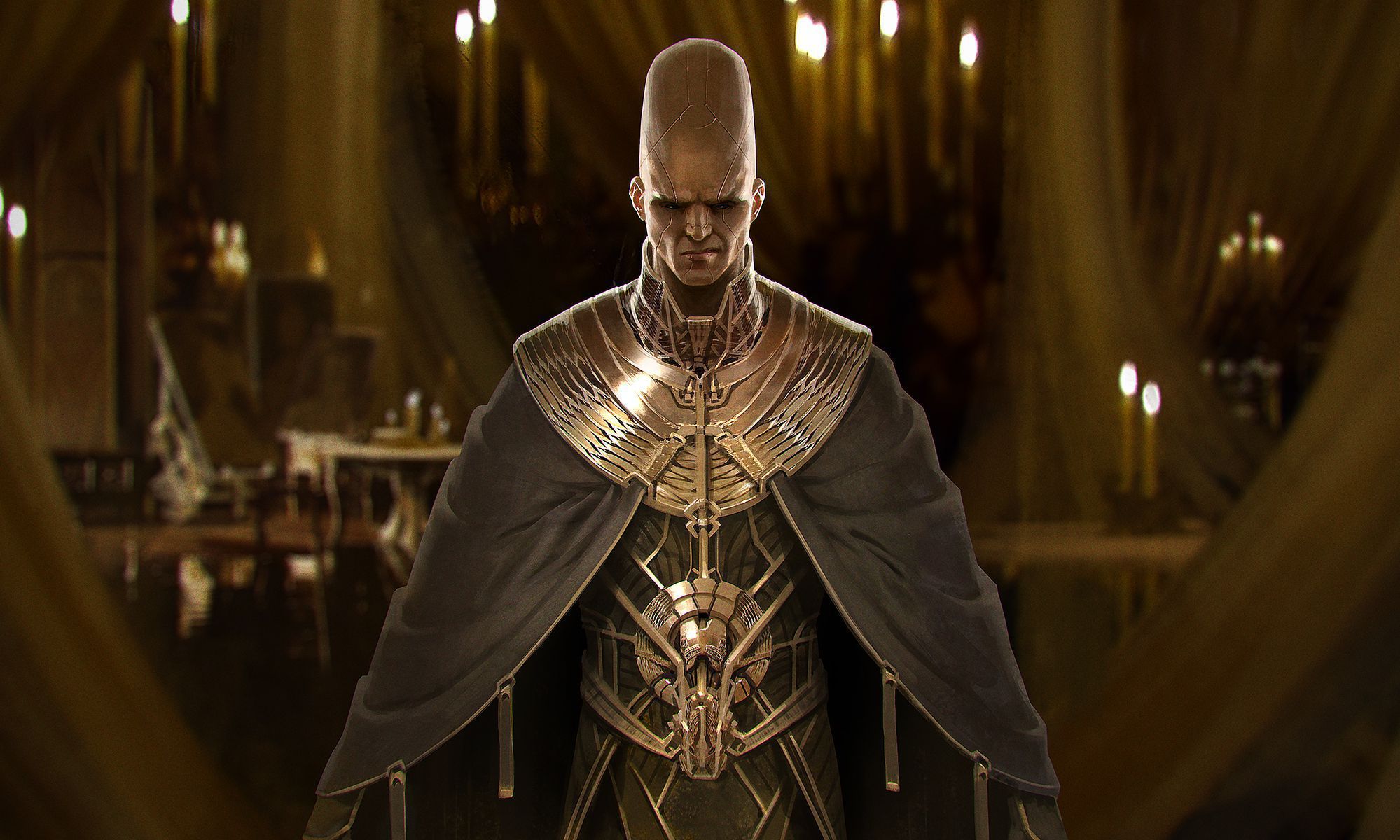

The gameplay in Deus Ex: Human Revolution just works for me. In his role as security manager, Jensen actually ends up doing a lot of infiltration and deals with criminal groups, the Illuminati, terrorists, and the police. He ends up being augmented and is basically owned by Sarif who used a lot of augments to put him back together. After an attack on Sarif Industries, Jensen is wounded and has to undergo surgery to save his life. Neuropozyne is a drug used to help humans deal with the strain augments put on the body and mind. However, that is Sarif’s big thing as they develop weapons for augs behind the scenes but are also working on a commercial drug to cure Neuropozyne dependence. Jensen hasn’t made a decision on whether to get augmented and doesn’t feel the need to dive into the topic most of the time. Initially a former Detroit PD S.W.A.T leader, he leaves under controversial circumstances after opting not to do something questionable and takes up work as Sarif Industries’ new security manager. The main hub of activity is Detroit but the main character Adam Jensen will also take on missions to seedy, dystopian Hengsha and more contained missions in Montreal and the Artic. Human Revolution takes place a couple of decades before the original Deus Ex game in 2027. Each game also forces the player to make a hard decision from options that aren’t the best on the long run. This perspective puts the player in close proximity of global conspiracies, preventing corporate espionage, and eventually doing the government’s job for it in preventing conspiracies. I’m talking street-level criminals, the homeless, victims of automation, people who can afford the safe, quality versions of updated versions of things such as artificial limbs and so on.ĭeus Ex takes things from the top with a main character who either works for a mega corp such as Adam Jensen in the two most recent entries or some sort government agency as was the case with the first two games. By this I mean that cyberpunk tends to explore the grimy dark side of a near future with significant technological advancements and the story tend to hit harder when told from the perspective of the people at the bottom of society. First, What is Deus Ex?ĭeus Ex a cyberpunk action RPG that follows the story of a main character more from the top of the events. I’m talking about Deus Ex developed by the team behind Tomb Raider: Eidos. Let’s look at the Adam Jensen Saga of one of my favorite espionage franchises. As a result, games that featured these themes have always been something I would not pass up. I always enjoyed films like Mission: Impossible, Golden Eye, and shows such as Nikita, Burn Notice, and The Blacklist. With a couple more years in the oven, who knows? Maybe things could have turned out differently.( ) A topic I’ve always felt deserved more attention in gaming is espionage-skullduggery and spycraft. The state the game released in was, frankly, unacceptable, not only in terms of the baffling lack of polish, but also the core gameplay itself feeling decidedly half-baked. We’ll start with what’s become the poster child of rushed releases that could have benefitted massively from a delay- or another delay, in this case, because Cyberpunk 2077 was, of course, delayed more than a few times in the lead-up to its launch. Here, we’re going to talk about a few such games that probably would have benefitted from delays of a couple of years or so.

From content being cut to a general lack of polish to ideas not being executed the way they should have been to so much more, there’s multiple ways that something like that can (and does) affect these games- things that perhaps could have been avoided if the developers had been afforded a little extra time to work on their project before launch. There’s no shortage of examples out there of games that rush to the finish live and, as a result, end up compromising on at least a few aspects of development.


 0 kommentar(er)
0 kommentar(er)
